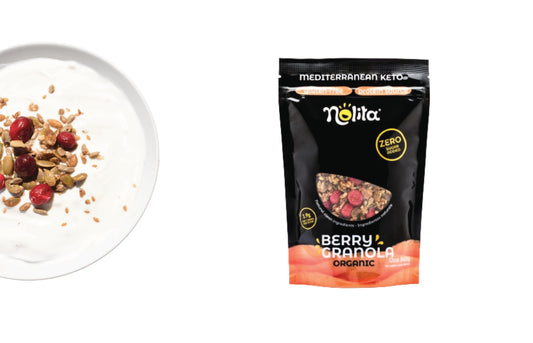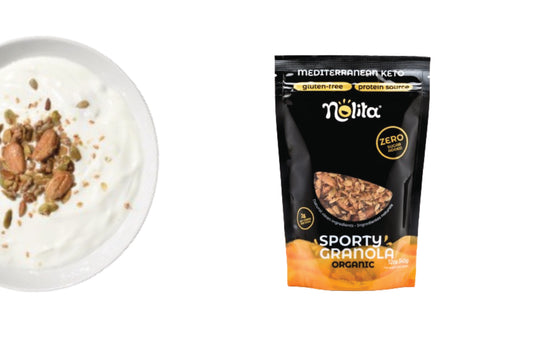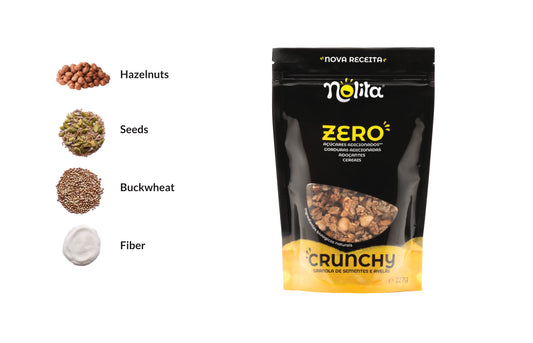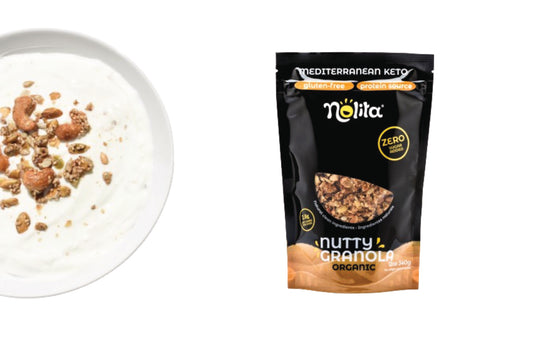"Plastic is simultaneously one of humanity's most brilliant creations and one of the most destructive. For this reason, in recent years we have seen the emergence of numerous alternatives to this material obtained from fossil fuels. Known as bioplastics, they appeared with the promise of a more sustainable option to traditional plastic packaging. These products are based on natural raw materials, which we associate with food, such as wheat bran, corn or sugar cane.
Even so, they are also disposable packaging. And the first question that arises is: what to do when we no longer need it? A small slice of the population will find countless uses to take this material to the limit. But the overwhelming majority will discard it.
When discarding, we will contemplate two options:
- use the packaging and plastic container – after all, it is a homologous product
- use the unsorted waste container, whose final destination is landfill or incineration
Common sense would say that the first option is the best, as it would be better to recycle this packaging than to lose it forever. And this is where the problems begin. In fact, whatever the consumer's decision, the fate will be the same: landfill or incineration.
This outcome is capable of causing palpitations to anyone who cares about the environment. That's because bioplastics only behave like their oil-based fake twins to a certain extent. When it comes to recycling, the methods used for plastic don't apply to these new products. That's why a bioplastic will be discarded in the traditional plastic screening and taken to the most harmful solution for waste treatment: landfill or incineration.
Many of these packages have the word 'compostable' printed on them. It is only fair that you ask: "But then they are not compostable?". The answer is more complex than it first appears. Yes, if they say that it is because they are compostable. Before you go running to deliver your packages to that weird friend (like us 🤓) who composts with worms, we give you the second part of the answer: they are only compostable industrially, in an environment with controlled temperature and humidity.
The word 'compostable' makes many people think that they can just throw one of these bowls or cups on the side of the road and that, like a banana peel or a spinach leaf, these containers will disintegrate and melt again with the ground. Well, that couldn't be further from the truth.
Outside of such an industrial environment, bioplastics will essentially follow the same process as conventional plastics. They will break down into smaller and smaller particles without disappearing completely for a long time. They will end up in the oceans, causing more deaths among marine animals. They can, at the limit, also end up inside us and even in our bloodstream, as is already the case with conventional microplastics.
The problems extend as we go back down the supply chain. If we are making plastic from plants, it is also worth asking: how are we growing these plants? Unfortunately, using the most harmful aspects of large-scale agriculture – deforestation, transgenic crops and substantial use of herbicides and pesticides. In addition to increasing the area needed for agriculture.
Likewise, why are we producing food to make plastic instead of feeding an ever-growing world population? (The same issue is valid for the production of biofuel, which the pandemic and the war in Ukraine have also brought to the center of the discussion).
In Portugal there are only three industrial composting centers (in which bioplastics would be inserted): one in the Porto region (Lipor), one in the Lisbon area (Valorsul) and another in the Algarve (Algar). No matter how willing we are to dispose of bioplastics that come into our hands, we cannot go knocking on the door of one of these oraganizations to deliver our waste. We need more robust selective collection circuits, which for the time being are still at a very early stage in Portugal.
In these circuits, bioplastics have a great advantage over traditional plastics when it comes to food waste. If the food they transport spoils, packaging and food can be composted together. This translates into less plastic going to landfill, less food contamination from the plastic recycling process, and the transformation of this organic waste into compost, which goes back into the soil instead of emitting methane in a landfill.
(...)"
This article was written by Kitchen Dates for a newsletter, in our opinion one of the most knowledgeable and credible companies linked to sustainability in Portugal. As it is an extremely important topic, we decided to share it!
We know that we still have a lot to improve, especially with regard to our packaging, which is recyclable but not (yet) biodegradable. Our main problem is to keep the product in its best qualities in non-plastic packaging. We have already tried countless solutions that claim to be home compostable, but unfortunately we haven't found a solution yet that is able to mantain the quality of our products for more than one month.
If you are aware of any alternative or supplier of this type of packaging, please contact us so we can improve what concerns us most: the use of plastic in packaging.





